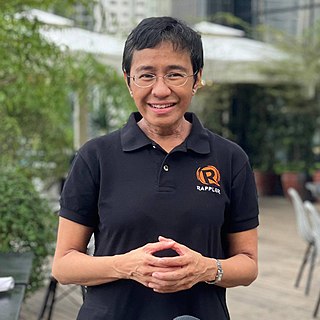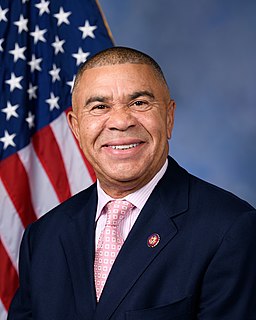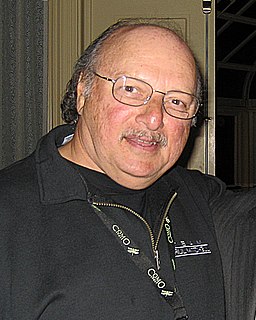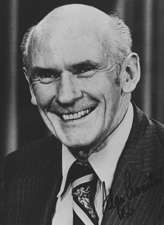A Quote by Chuck Norris
As the graying of the country continues its march forward, many retirees are now relocating to dense urban centers for the cultural and social opportunities, access to public transportation, and the ability to shop nearby for food and household needs without depending unduly on others.
Related Quotes
Conservative and liberal politicians alike now spend millions waging wars around the globe, funding the largest military state in the world, providing huge tax benefits to the ultrarich and major corporations, and all the while draining public coffers, increasing the scale of human poverty and misery, and eliminating all viable public spheres - whether they be the social state, public schools, public transportation or any other aspect of a formative culture that addresses the needs of the common good.
Then there is my country, the Philippines. President Rodrigo Duterte placed most of the country under a lockdown on the ides of March. Surrounded by men in uniform, he cut public transportation and talked about home quarantine, checkpoints and curfews, but said little about the virus or economic aid for those in need.
For most of America's history, people typically aspired to acquire 'a competency' rather than great riches. A competency meant the ability to comfortably sustain a household without depending on others. 'Competence' also meant being capable and reliable. The American Dream was that people who worked hard and capably could support their families.
The suburbs have always been like an American version of utopia and a reflection of their hopes and fears. Erika's version of American suburban utopia - which I am renaming the outer ring - is a diverse place, with affordable housing, the possibility for people to have small businesses, which is more realistic in the outer ring than in the city with its huge costs, decent public transportation and the ability to access art and cultural events. That's my dream for America.
But look what we have built low-income projects that become worse centers of delinquency, vandalism and general social hopelessness than the slums they were supposed to replace. Cultural centers that are unable to support a good bookstore. Civic centers that are avoided by everyone but bums. Promenades that go from no place to nowhere and have no promenaders. Expressways that eviscerate great cities. This is not the rebuilding of cities. This is the sacking of cities.
In Chekhov, when people leave, a carriage is taking them away forever. The stakes are so high just for someone to make a simple exit. And now we have all this access to public transportation, automobiles and jets and the Internet; we're so easily distracted, but the world is still designed to destroy you. It just happens quicker and faster now.




































